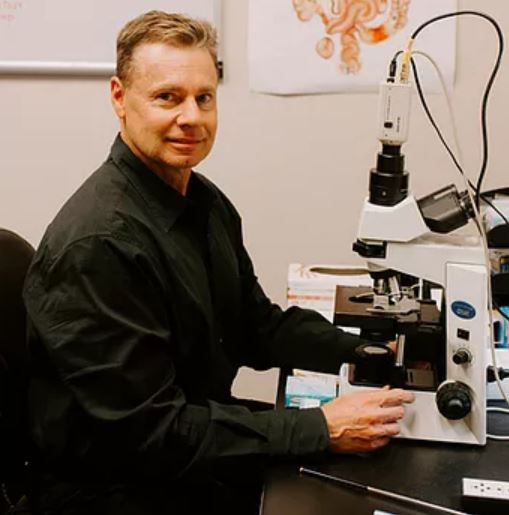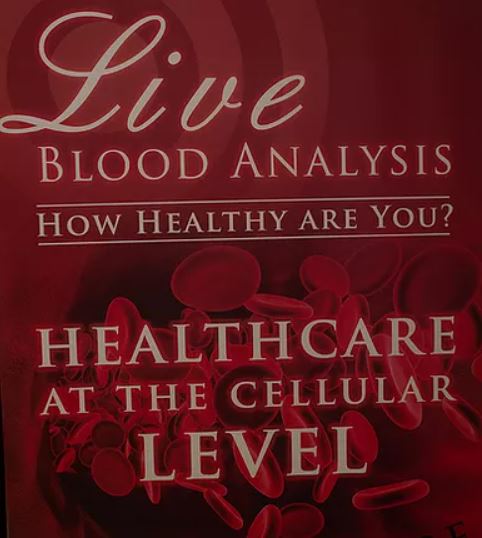About Us
About Dr. Thomas Brewer, PhD
Nutritional Blood Microscopist
Dr. Brewer obtained his PhD in inorganic chemistry from Michigan State University in 1992. He worked in both industry and the national laboratory system as a senior research scientist for over a decade before starting his own consulting business.
Dr. Brewer’s research expertise in the disciplines of heterogeneous catalysis, waste remediation, and metal oxides resulted in the granting of one U.S. Patent, sixteen invention disclosures, and numerous papers and journal articles. His main strength is the ability to explain both complex and fundamental scientific phenomena in a simple and straightforward manner.
To those who know Dr. Brewer best, his evolution from research scientist to entrepreneur did not come as a surprise. Although he very much fits the scientist profile in terms of his intellect and analytical skills, there was a ‘people’ side of him that was never given the opportunity to blossom inside the laboratory.

Even at the height of his career in research science, Dr. Brewer’s communication and leadership skills were underutilized. His new career as a nutritional blood microscopist, speaker, and consultant gives him the opportunity to share these talents. Utilizing his agile mind and deductive gifts, he is helping people from all walks of life understand their body’s health and nutritional needs using down-to-earth principles everyone can understand.

During a Nutritional Blood Microscopic Analysis, which takes about 30 minutes, Dr. Brewer will analyze a single drop of blood from one’s fingertip. During the analysis, he will educate and explain to the client the meaning of any crystals (plaque, cholesterol, uric acid, or sugar), red blood cell imperfections, white blood cell (immune system) activity, platelet clumping, parasitic bacteria, yeast, and fungal forms. The client learns if they are digesting proteins, carbohydrates, and fats efficiently or not; whether they are forming plaque in their arteries or not; whether they are dehydrated or not; whether they are malnourished or not; and whether they are breathing any fumes that are damaging their red blood cells. The procedure can also identify three different forms of stress in the body: digestive, physical, and emotional, as well as B-vitamin and iron deficiencies.
It is best to consume a meal about 4 hours prior to your blood analysis, then just drink water during those 4 hours. Make sure your meal contains some protein, carbohydrates, and fat.
Both during and after the analysis, Dr. Brewer will suggest diet modifications first, followed by nutritional supplementation if necessary. He is also knowledgeable in exercise and physical therapy techniques.
He lectures on the importance of enzymes, macronutrients (proteins, carbohydrates, and fat sources), micronutrients (vitamins and mineral sources), the root cause of disease and illness, and how one can heal oneself from any health issue using fundamental principles. At the end of the seminar, he answers questions from the audience.
"Health is the most important thing you have in life!"
Contact us now to schedule an appointment.


